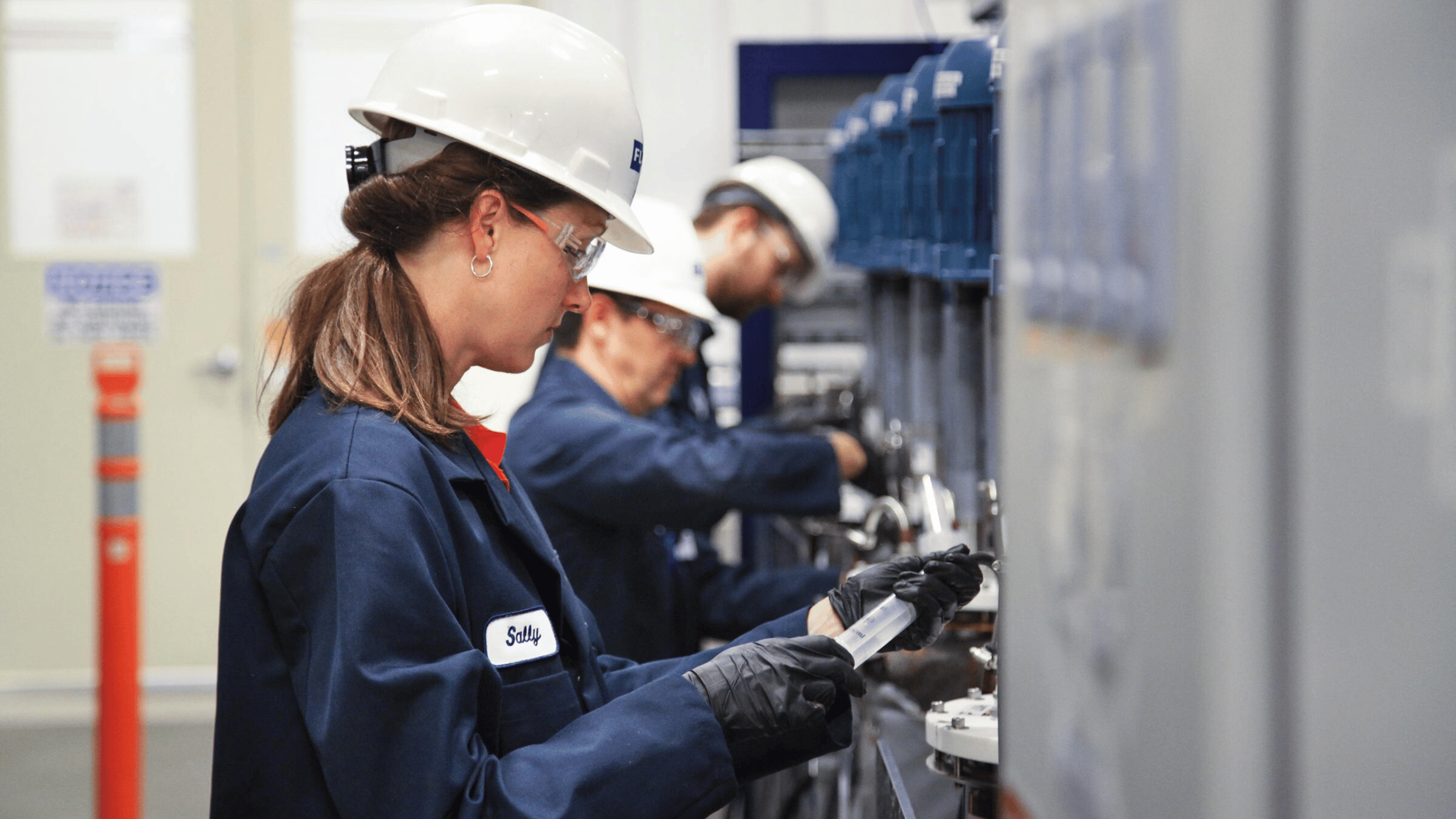Besides greenhouse gas emissions from our own operations, we have a strong focus on our indirect emissions from the value chain, the so-called scope 3 emissions, occurring both upstream and downstream of our own operations.
Our upstream value chain emissions predominantly come from our purchased goods and services, but also include upstream transportation and distribution, waste and business travel.
Part of our own 2030 goals is to work with suppliers to help them reduce their greenhouse gas emissions. By 2025, we aim to achieve 30% of our supplier spend with suppliers who have set their own science-based targets.




